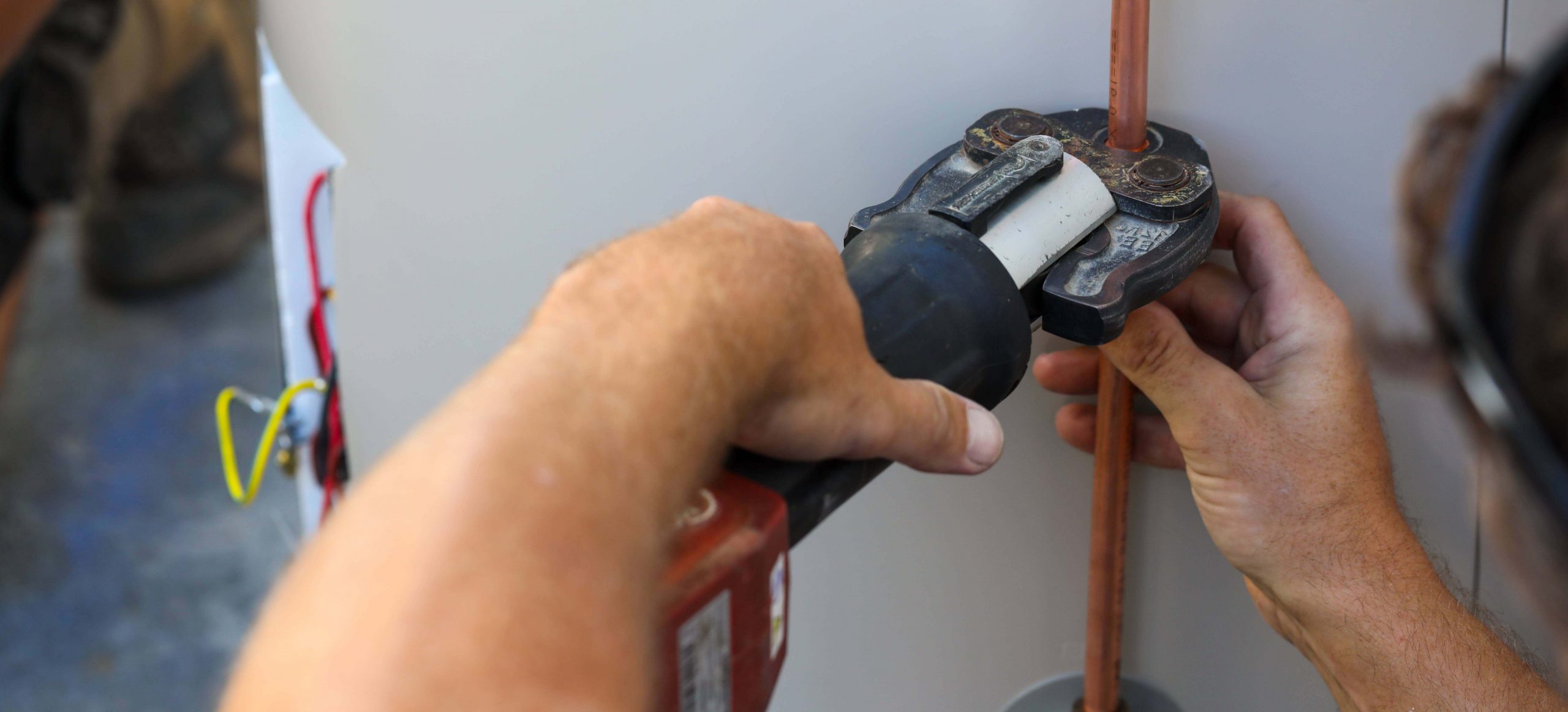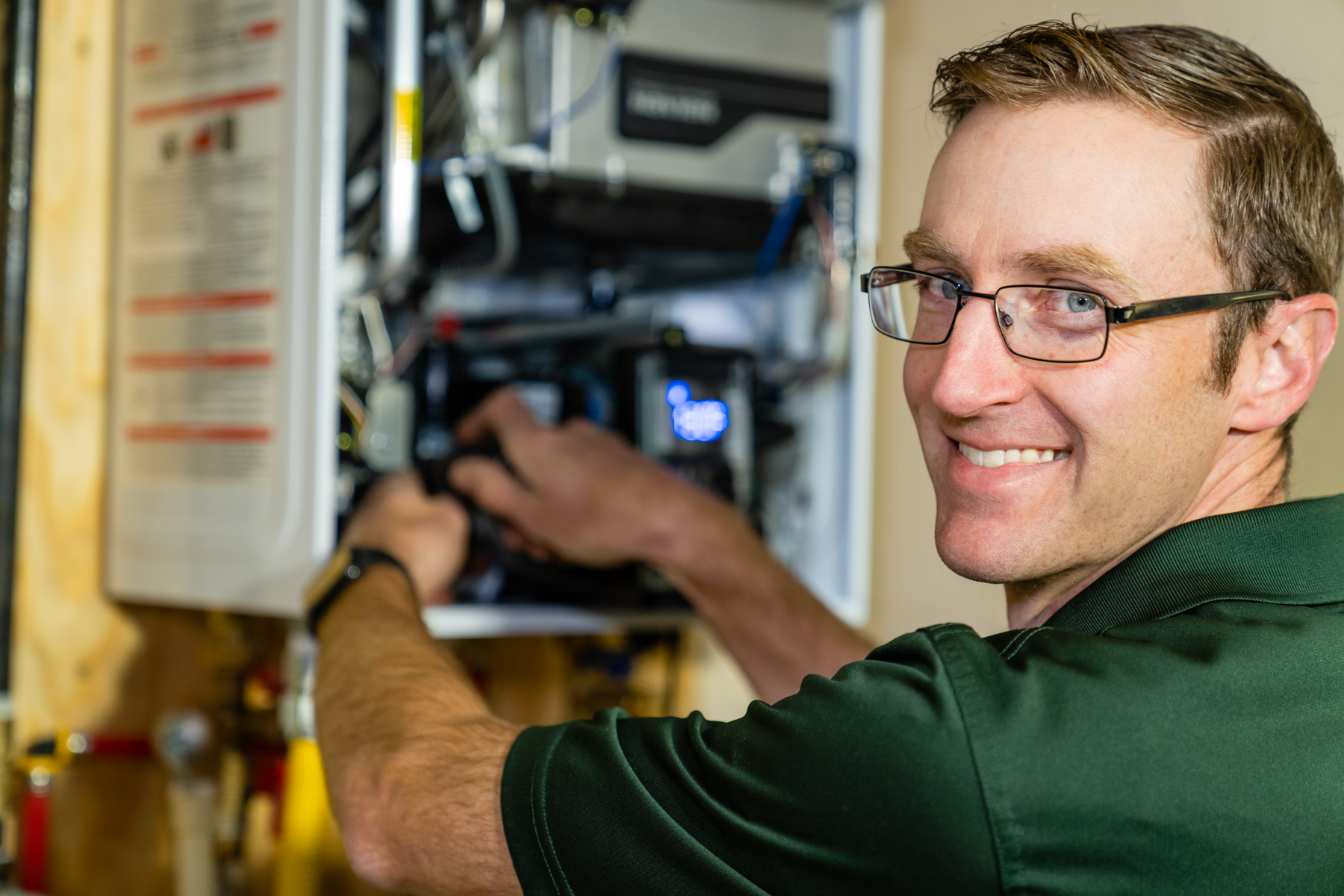Handling the Usual Hot Water Heater Emergency Challenges
Handling the Usual Hot Water Heater Emergency Challenges
Blog Article
We have stumbled upon the article involving Common Hot Water Heater Problems down the page on the internet and reckoned it made good sense to discuss it with you on this page.

A water heater is just one of one of the most important basic home appliances that can be found in a residence. With hot water heater, you don't require to undergo the stress of home heating water manually every time there is a requirement to wash, do the laundry, or the meals. There is constantly an opportunity that your water heater would act up as with most mechanical tools.
It is essential to note any little breakdown as well as tackle it promptly prior to things get out of hand. The majority of times, your hot water heater begins to malfunction when there is an accumulation of debris as a result of continual usage. As a precaution, routine flushing of your water heater is advised to prevent debris buildup and also avoid practical failing.
Typical hot water heater emergency situations and also how to manage them
Leaking hot water heater container.
A leaking container could be a sign of rust. It could trigger damages to the floor, wall and electrical tools around it. You could also be at danger of having your home flooded. In this situation, you need to shut off your water heater, permit it to cool off, and carefully try to find the source of the issue. Sometimes, all you require to do is to tighten a few screws or pipeline links in cases of small leaks. If this does not work and also the leakage persists, you may require to utilize the services of a technician for a suitable substitute.
Fluctuating water temperature level.
Your hot water heater can begin generating water of various temperature levels usually ice cool or scalding hot. In this scenario, the first thing you do is to guarantee that the temperature is set to the preferred degree. If after doing this, the water temperature level maintains altering throughout showers or other tasks, you could have a defective thermostat. There could be a requirement to replace either the home heating or the thermostat unit of your hot water heater.
Too little warm water
It might be that the water heater can not sustain the hot water demand for your apartment. You could update your water heater to one with a bigger ability.
Tarnished or odiferous water
When this occurs, you need to understand if the issue is from the tank or the water source. If there is no amusing odor when you run cold water, after that you are particular that it is your water heating unit that is faulty. The odiferous water can be caused by corrosion or the build-up of microorganisms or sediments in the water heating system storage tank.
Verdict
Some property owners overlook little caution and minor faults in their water heater unit. This only results in more damage as well as a feasible full malfunction of your home appliance. You need to take care of your hot water heater faults as soon as they come near stay clear of even more costs and unnecessary emergency problems.
With water heating systems, you don't require to go via the anxiety of home heating water manually every time there is a need to take a bath, do the washing, or the recipes. Your water heating unit can begin producing water of different temperatures normally ice hot or cold hot. It may be that the water heating unit can't support the warm water need for your home. If there is no amusing scent when you run cold water, after that you are specific that it is your water heating unit that is malfunctioning. The smelly water can be triggered by corrosion or the buildup of germs or sediments in the water heater tank.
Common Water Heater Issues and What You Should Do
What Type of Water Heater Do You Have?
Before we begin it’s first important that you identify the type of water heater you have on your property. There are two main types of water heaters out there: conventional and high efficiency.
Both of these types of products typically use either gas or electricity to heat power. There are also solar water heaters that use a thermal collector on the roof or yard to heat the water.
While these models are not as common, they can cut heating costs in half. In this article, we will focus on conventional and high efficiency.
How Do My Electric and Gas Water Heater Work?
Though they look similar, electric and gas water heaters work very differently. It’s important to know their basic function because often problems can be specific to the heating source.
In the electric model, a thermostat on the side of the machine detects the temperature of the water in the tank. When the temperature needs to rise electricity flows to a heating element suspended in the water.
Gas models also use a thermostat device — typically with a mercury sensor at the tip and an additional sensor called a thermocouple. The thermocouple detects whether the pilot light is on and controls the flow of gas.
When the thermostat drops below the appropriate level gas is released which becomes ignited by the pilot light. The flame heats the bottom of the water tank which causes hot water to rise and cold water to drop.
This natural circulation continues until the water reaches the desired temperature. Then, the thermostat triggers the gas control valve to shut off the flow of gas.
What Are the Most Common Issues and How Do You Fix Them?
https://happyhiller.com/blog/common-water-heater-issues-and-what-you-should-do/

As a reader about Common Hot Water Heater Problems, I think sharing that piece of content was a great idea. If you please set aside a second to promote this blog posting if you enjoyed reading it. Thanks a lot for your time. Don't forget to pay a visit to our site back soon.
Overflow issues? Our professionals await. Report this page